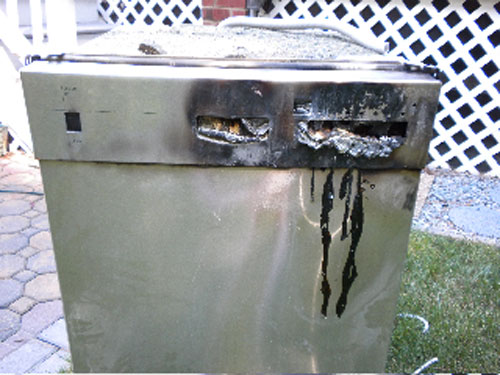mbrooke
Batteries Included
- Location
- United States
- Occupation
- Technician
Are manufactures now required (mandated) to put GFCI/AFCIs in their automatic dishwashers? I've been noticing manufacturing putting "current sense modules" in their machines, and considering most don't add extra parts ($$$) to their machines out of courtesy; somewhere along the line I am led to believe some listing standard changed to require it out of documented trouble.
Part number 75:
http://www.searspartsdirect.com/model-number/GSD2100V50WW/0432/0130000.html
https://www.a-1appliance.com/product/GHPWD21X22617#
Complementary test/reset :thumbsup:

Part number 75:
http://www.searspartsdirect.com/model-number/GSD2100V50WW/0432/0130000.html
https://www.a-1appliance.com/product/GHPWD21X22617#
Complementary test/reset :thumbsup:




